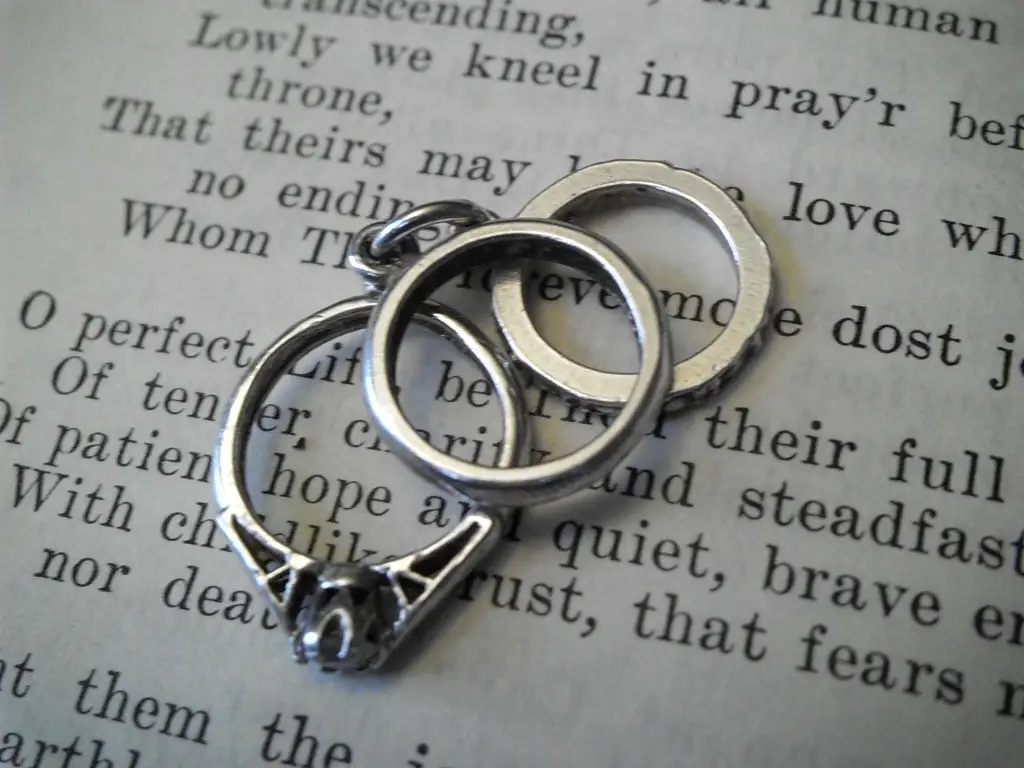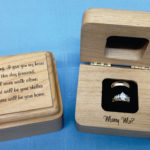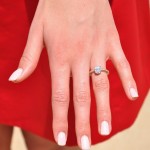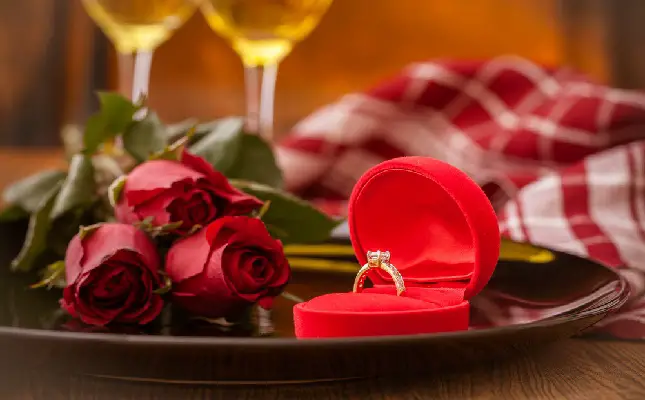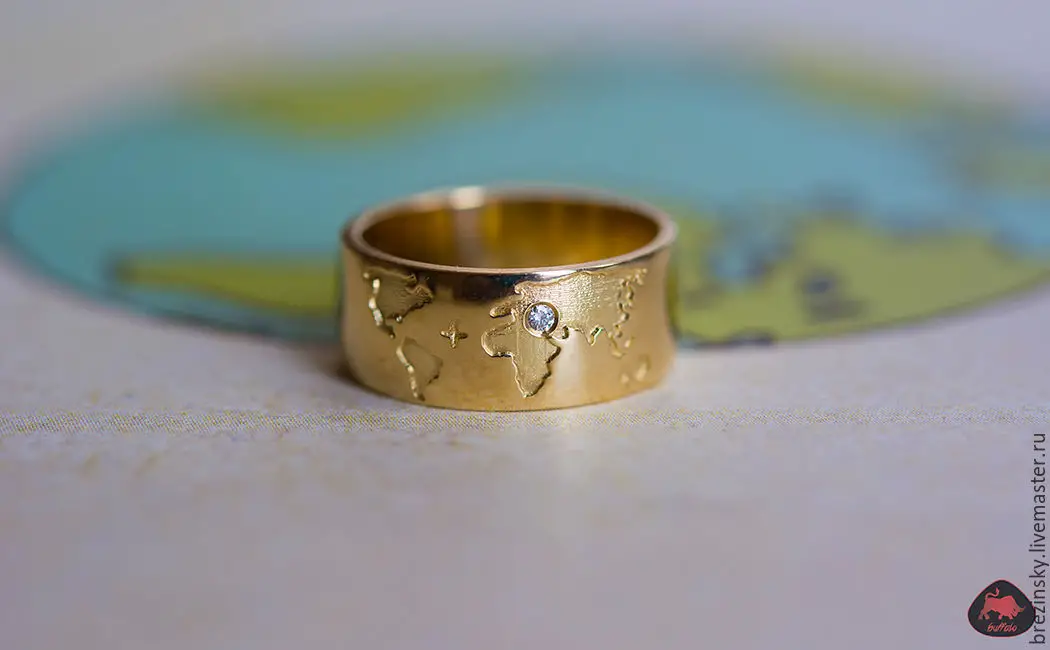Nobody wants to talk about what happens if your engagement comes to a sudden end – an end that doesn’t result in marriage, that is. Of course the majority of people never have to worry about a situation as devastating as that, but there’s always a few who do end up having to deal with it. So, what do those people do, and what happens to the engagement ring?
To put it bluntly, there are two options when it comes to the engagement ring: the bride can keep it, or give it back. Plenty of couples choose to sort this out among themselves during the break-up process and do so with no problems. For those that don’t end their relationship amicably however, the ring can become a source of much contention.
The decision to give back or keep the ring comes with two general ‘schools’ of thought. On the one hand, to make the break-up process as smooth and uncomplicated as possible, the couple will focus on etiquette and do what feels right for them. Neither of them may want to keep the ring as a painful reminder of the difficult time. The groom may want it to attempt to recover some of the financial loss, or he may insist on the bride keeping it since it was a gift.
If the couple simply can’t agree, they may have to revert to the law. This is especially common for couples who spend exorbitant amounts of money on their engagement ring. The problem is the law is different in every country, and within the US it’s different in almost every state. There’s no uniform procedure for who gets the ring, and it’s up to each court of law to decide how they ‘conceptualise’ the engagement ring.
Etiquette
Every couple is different and so is the dynamic between them, so what works for some may not be appropriate for others. There seems to be a general consensus (on the internet at least) about a few certain situations however. If the ring was a family heirloom that the groom gave to the bride, then she should absolutely give it back, regardless of who called off the engagement or if the family is willing to let her keep it.
If the bride calls off the wedding, most agree that it’s fair and respectful if she returns the ring afterwards. Weddings cost big money, and cancelled weddings can mean thousands of dollars lost to non-refundable deposits. Having the ring as an asset (or selling it for cash) can go some way to easing the financial waste. That said, if the bride is treated extremely poorly by the groom and calls off the wedding for that reason, it’s not seen as such a slap in the face if she keeps the ring instead. Whatever the reason for her keeping it however, it’s thought to be inappropriate if she wears it when she starts a new relationship – and especially if she still wears it on her ‘engagement’ finger!
If the groom calls off the wedding, he may see it as a consolation of sorts for the bride if he doesn’t request the ring back (anything to not cause even more pain). If the bride doesn’t want to keep it even though the groom makes it clear he’s okay with her doing so, he should respect her wishes and take it back. Similarly if the groom calls off the wedding because he was unfairly treated by the bride, it’s also fine for him to ask for the ring back.
Then there’s the case of couples who purchase the ring together, and those who mutually end the engagement together. In this case, it’s down to each individual couple. Many choose to sell the ring and split the profits, or some agree on whoever keeps the ring paying back their half of the cost to the other person. If the bride or groom keeps the ring and refuses to take the other portion of the money owed for it, they usually give the other person a gift of some sort as compensation.
Law
Different courts in different regions have different definitions of engagement rings. That’s not to say they think rings must me made of a certain metal or have a certain jewel to be deemed ‘engagement rings’ – it’s more about the contract that the ring represents.
Some courts view an engagement ring as an ‘unconditional gift’ – meaning that if the groom bought it entirely from his own funds and presented it to the bride to celebrate rather than propose marriage, then she is under no legal obligation to return it if the engagement subsequently ends.
Other courts view the ring as a physical representation of an engagement contract. By accepting the engagement ring from the groom when he proposes marriage, the bride is legally proclaiming her intent to enter into a marriage with him. If either party breaks off the engagement, they are breaking that contract, and the ring goes to whoever the ‘injured’ party is (i.e whoever didn’t break it off).
And finally there’s the ‘conditional gift’, a middle ground between the two scenarios above. The groom gifts the bride with an engagement ring on condition that she will eventually consent to marriage. While she’s not strictly speaking obliged to return it if the engagement ends, the groom is well within his rights to demand its return. It’s up to the judge to look at the details of the matter on a case by case basis to determine who wins.
Having said all of that however, we should point out that all of this only happens to the minority of couples. You’ll be fine!

